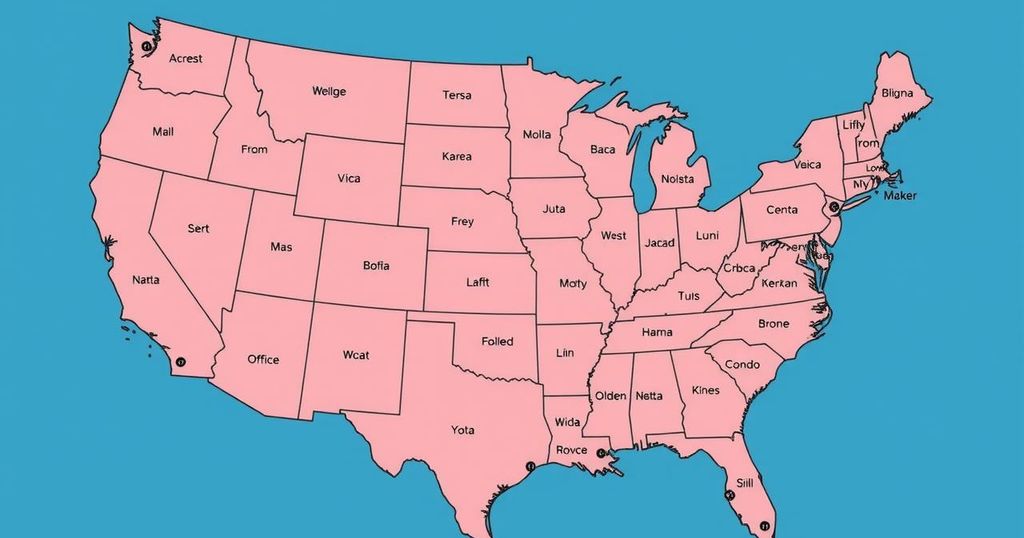Activists in Pennsylvania celebrate the removal of approximately 11,878 voters from the rolls, which county officials attribute to regular maintenance required by law. The process has been misrepresented by some as influenced by activist efforts, while officials emphasize adherence to legal protocols governing voter roll management. As the election nears, this issue underscores ongoing tensions regarding election integrity.
In a recent development, activists involved in the Pennsylvania election integrity movement have expressed their satisfaction with the removal of nearly 12,000 out-of-state voters from the state’s rolls. However, county election officials clarify that these removals are part of a routine voter maintenance process mandated by law. The email highlighting these figures was circulated by the Election Research Institute, which connects its activism to these statistics, although officials emphasize that the process does not involve any external influence.
Cumberland County resident and activist Deborah Austin shared an email celebrating the removals, referentially linked to efforts by PA Fair Elections, a group committed to ensuring electoral integrity after their claims about the 2020 presidential election. This group has been vocal about what they perceive as procedural inadequacies in the state’s voter roll maintenance practices, specifically criticizing the timelines for removing inactive voters.
Election officials maintain that the removal process adheres to the National Voter Registration Act of 1993, which allows for removing inactive voters after they have not participated for two federal election cycles. Delaware County’s elections director, Jim Allen, noted that their cleaning routine was in no way influenced by external groups, as their purpose is solely to comply with the law.
Despite the ongoing controversy, activists like Ms. Austin have taken additional measures, such as directly contacting voters believed to have moved, inciting confusion among constituents who received such notifications. Cumberland County’s election director noted an uptick in inquiries from concerned voters, detracting from the county’s election preparations. As Pennsylvania heads towards the November 2024 election, the implications of voter roll maintenance remain a pivotal discussion point within the state’s electoral landscape.
The maintenance of voter rolls is a crucial component of electoral integrity, aiming to ensure that only eligible voters participate in elections. In Pennsylvania, the cleanup process follows both state and federal guidelines that mandate the removal of inactive voters. The conversation surrounding this issue has gained momentum, particularly in light of recent claims from various groups regarding election integrity and the accuracy of past election results. Activists are increasingly applying pressure to influence voter roll cleaning processes in an attempt to address perceived discrepancies.
The recent removals of voters from Pennsylvania’s rolls have sparked a debate rooted in the state’s legal obligations versus activist perceptions of electoral integrity. While groups like PA Fair Elections claim connection to the removals, county officials assert these actions are routine and legally mandated. With the upcoming election, the dynamics of voter roll maintenance will likely fuel ongoing discussions about the intersection of law, activism, and electoral credibility.
Original Source: www.witf.org






